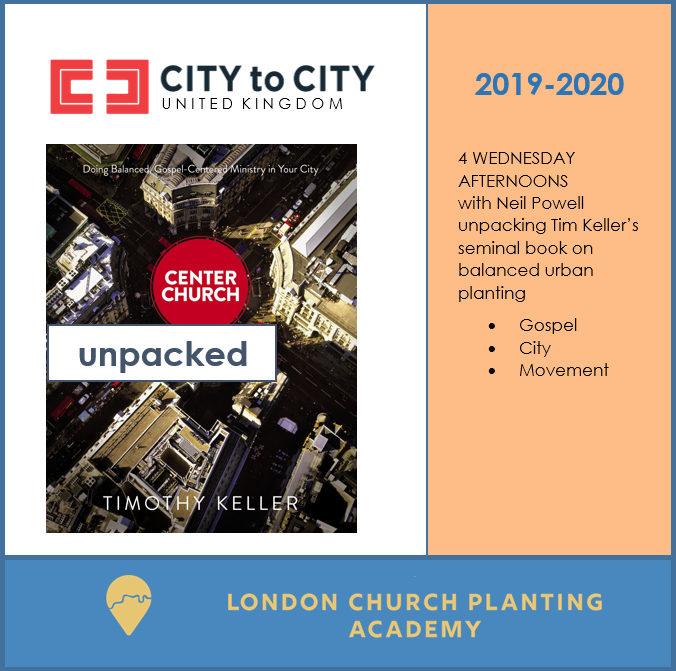David Kim of London City Mission (also working in an ambassadorial role for Co-Mission) shares some of his research showing why any strategy for church planting in London needs to take into account the rising demographic, economic and missionary power of Asia and Africa.
—————
PEOPLE POWER AND URBAN DOMINANCE
“According to the World Heritage Centre, by 2020 the urban population of Asia will be around 2.5 billion, having doubled in twenty-five years. By then more than half of the urban areas of the planet will be in Asia, and those urban areas alone will contain over one-third of the world’s population. The same organization predicts that the cities of Asia will be growing twice as fast as cities in the rest of the world.” (Glen Smith, Lausanne)
Just as striking are the figures on Africa which is the world’s second largest and second most-populous continent: 1.2 billion people and 54 countries. Africa’s average population is the youngest amongst all the continents (with advantages of quicker learning and greater cultural adaptability) and, furthermore, fertility rates are high. The United Nations predicts that “Africa is expected to more than double its population by 2100” almost equaling Asia by the end of the century. In fact most world population growth over this period will be coming from one continent, Africa. We should get ready for another 3 billion African people. Many of these will be English-speaking (and many French-speaking). Africa is our future!
As with Asia, Africa’s growth is largely urban growth. “Congo’s Kinshasa is expected to grow to 20 million by 2030 and Nigeria’s Lagos is expected to grow to 24 million by 2030, which is the population of present-day Shanghai, the largest city in the world.” (Business Insider).
NIGERIA POWERHOUSE
Is Nigeria the beginning and end of the land of Africa? Yes! Because, Nigeria is its largest country by population and moving to being Africa’s largest economy. By 2050, the country’s GDP ranking may be 14 in the world (PwC) and its population larger than the US.
STRENGTH AND DYNAMISM OF THE ASIAN AND AFRICAN CHURCHES
In terms of pure economic power, Asian nations make up three of the top 6 economies in the world. However, the growth of the Asian church is much more impressive. In 2014 The Telegraph reported, “China on course to become ‘world’s most Christian nation’ within 15 years”. It is estimated that there are 35,000 new Chinese believers every day.
The Korean Church has achieved one of the largest church growths in the world. The Oxford Research Encyclopedia states that, “One in five South Koreans professes the faith.” Official statistics for 2015 show almost 10 million Protestant believers. Many of these are Presbyterians, with the HapDong Denomination alone comprising around 2.5 million members.
Korea is also one of the countries that send many missionaries all over the world. As a sender of Protestant missionaries, it is only surpassed by the US. This may be traced not only to the numerical and financial strength of the Korean church to a number of factors in Korean church culture. These Korean missionaries go all over the world including thousands to unreached parts of Africa and Asia.
In Africa the 2011 International Bulletin of Missionary Research recorded 475 million Christians with numbers increasing by 37,000 per day, most of these Pentecostals. Nigeria, with 76 million Protestant Christians, is a major mission sender and could soon be among the top 5 missionary sending counties. These Nigerian missionaries are fluent in English, bold and intelligent.
ASIAN AND AFRICAN MISSION FIELD IN LONDON
According to the 2011 census, London is over 7% African and over 18% Asian. These figures are likely to have increased since 2015. The Indian sub-continent and West Africa are particularly important.
Of the top 29 countries of origin of those in London born outside the UK, 9 are Asian and 6 African. Of those 9 Asian countries with large populations in London, five are countries classified by Open Doors as ‘Extreme’ in persecution of Christians and for that reason many from those countries would have been practically unable to hear the gospel in their home country. Many other Asian and African countries have smaller populations in London, for example there are 1000 North Koreans and around 20,000 Japanese – both among the world’s least-reached nations.

DIASPORA CHURCHES AND DIASPORA MISSION IN LONDON
There are a huge number of African-led churches in London. Recent research has found 240 black majority churches in Southwark alone. Over half of these are Nigerian-majority with Ghanaian and other African nationalities being very significant. Many are multi-cultural and see themselves as engaged in reverse mission. There are also many Chinese churches.
WHY THIS ALL MATTERS
- We need to come to terms with Asian and African power. In terms of total populations and even in terms of Christian populations, the Asian and African continents dwarf Europe. At the same time, we need one another. The European, Asian and African churches all have important gifts and resources to bring to the table.
- Gospel work force. The Asian and African churches have the numbers and in terms of mission and church planting they have ‘boots on the ground’ in London. Many of these gospel workers are courageous, willing to endure suffering and experienced in church-planting.
- As those we seek to work with and those we seek to reach, we need to recognize that the African and Asian cultures are very different cultures from English culture. ‘Far East’ could mean ‘farthest’ in terms of totally different cultures from the West. These are cultures dominated by Buddhism, Confucianism and animistic indigenous religions. They think quite differently, communicate differently and have different conceptions of shame and honour. Ministry among Asian (and African) people will require an emphasis on hospitality and food sharing.



 We’re very grateful that Neil Powell, senior pastor of City Church Birmingham, co-founder and convener of 2020 Birmingham and London director for City to City UK, will be coming to unpack Tim Keller’s Center Church for the London Church Planting Academy on 4 Wednesday afternoons:
We’re very grateful that Neil Powell, senior pastor of City Church Birmingham, co-founder and convener of 2020 Birmingham and London director for City to City UK, will be coming to unpack Tim Keller’s Center Church for the London Church Planting Academy on 4 Wednesday afternoons: